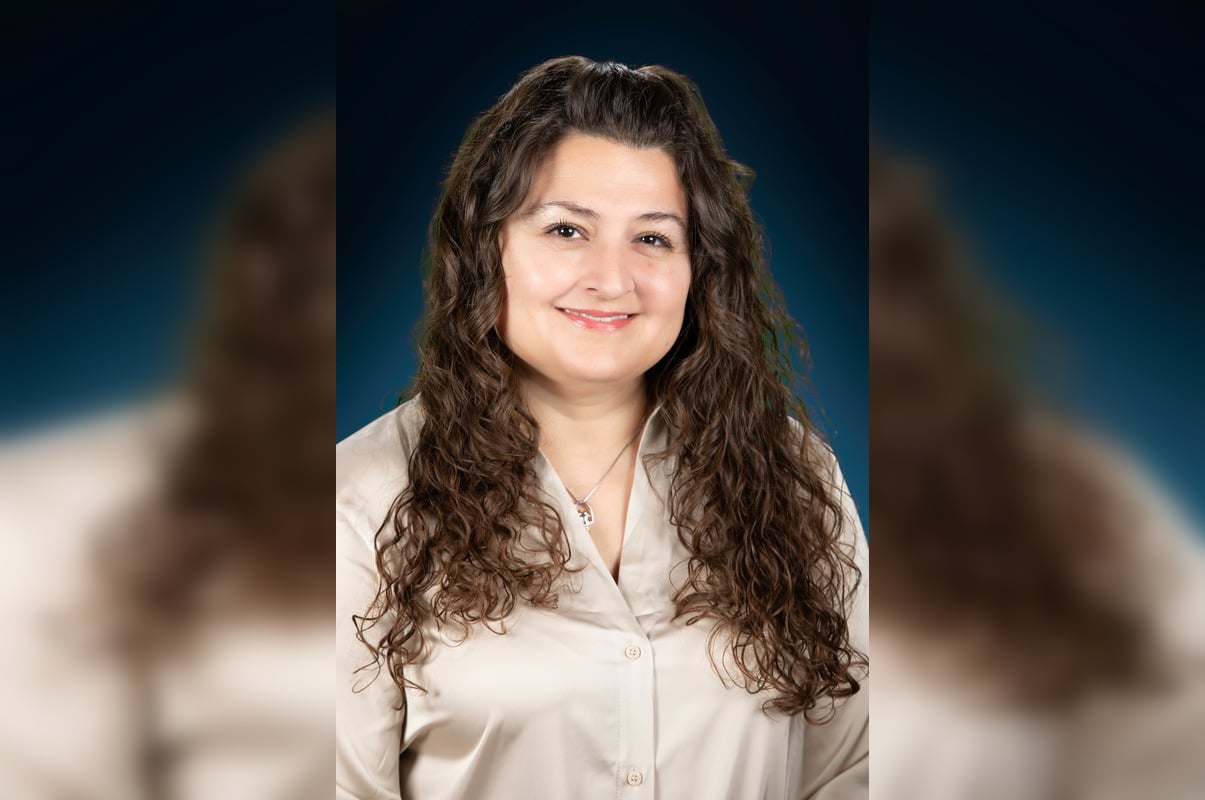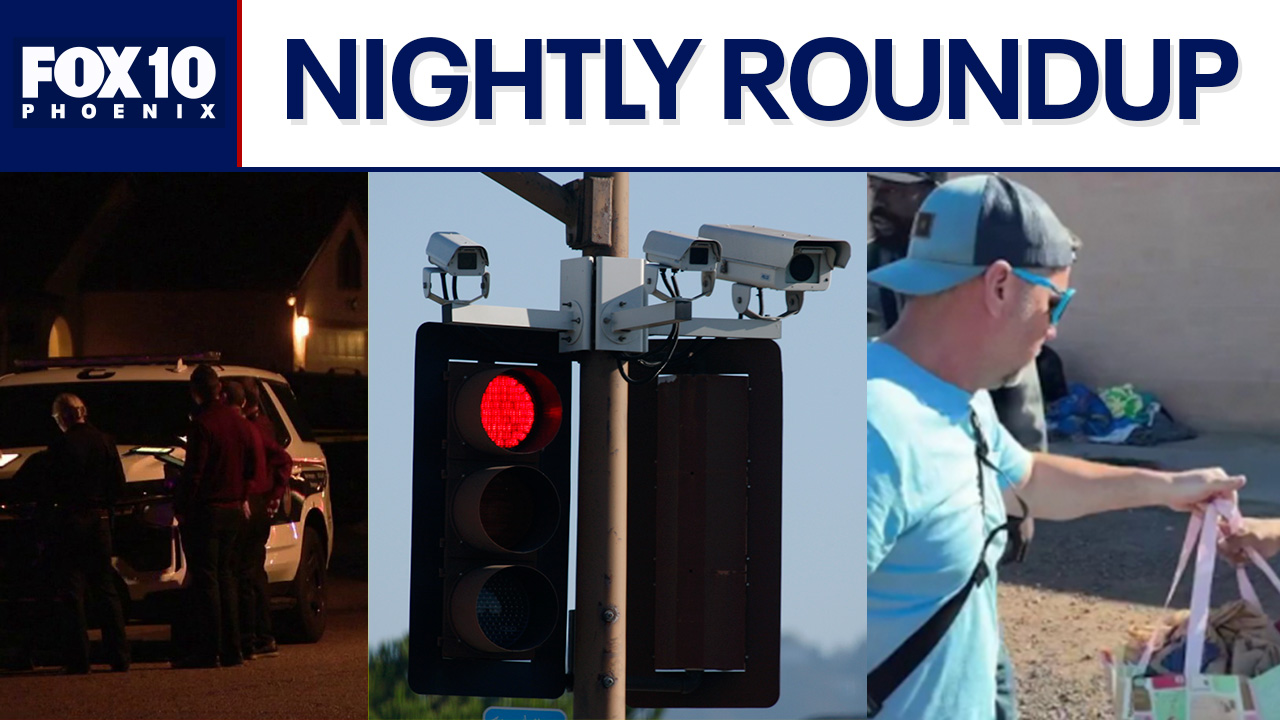UPDATE: A startling new poll from the University of Michigan National Poll on Healthy Aging reveals significant gaps in awareness among older adults regarding critical healthcare options: palliative care and hospice care. Just 36% of individuals aged 50 and over report knowing about palliative care, while 68% are familiar with hospice services. This urgent finding highlights a pressing need for education on these vital care options.
The poll, conducted recently, indicates that while a majority of older adults express interest in these types of care—84% for palliative care and 85% for hospice—many lack basic understanding. After receiving definitions of both services, a dramatic shift occurred in awareness, with 79% of respondents who initially claimed ignorance expressing interest in palliative care and 75% showing interest in hospice care.
Dr. Adam Marks, a physician specializing in palliative care at U-M Health, underscores the importance of understanding these options: “As more hospitals and cancer centers expand palliative care availability, it’s crucial for patients to know that this is not a sign of ‘giving up’ on treatment.” Instead, palliative care aims to enhance comfort and quality of life for those with serious, chronic illnesses.
The poll also reveals significant disparities in understanding based on race and education. White and Asian-American older adults are nearly twice as likely to know about palliative care compared to their Black and Hispanic counterparts. Specifically, 40% of White respondents and 36% of Asian-Americans reported awareness, contrasted with just 21% of Black and 22% of Hispanic respondents.
Dr. Jeffrey Kullgren, the poll’s director, emphasizes the need for healthcare providers to address these knowledge gaps. “Doctors should gauge patient awareness and provide clear definitions when discussing palliative and hospice care options,” he stated. This approach can empower patients to make informed decisions about their care.
In Michigan, the findings mirror national trends, with only 33% of older adults aware of palliative care. However, interest levels are comparable, suggesting a uniform need for education across the U.S. Notably, 70% of Black Michiganders expressed interest in hospice care, compared to 84% of their White counterparts, illustrating an urgent need for targeted outreach.
With healthcare providers increasingly offering these services, older adults must be educated about their options. As the poll shows, awareness can significantly influence their willingness to seek out these types of care.
For those seeking more information on local providers, resources such as the Area Agency on Aging can be invaluable. As the healthcare landscape evolves, ensuring that older adults are informed about palliative and hospice care is essential for improving their quality of life and dignity in the face of serious illness.
Stay tuned for further updates on this critical issue, as more developments emerge in the conversation around palliative and hospice care awareness.







